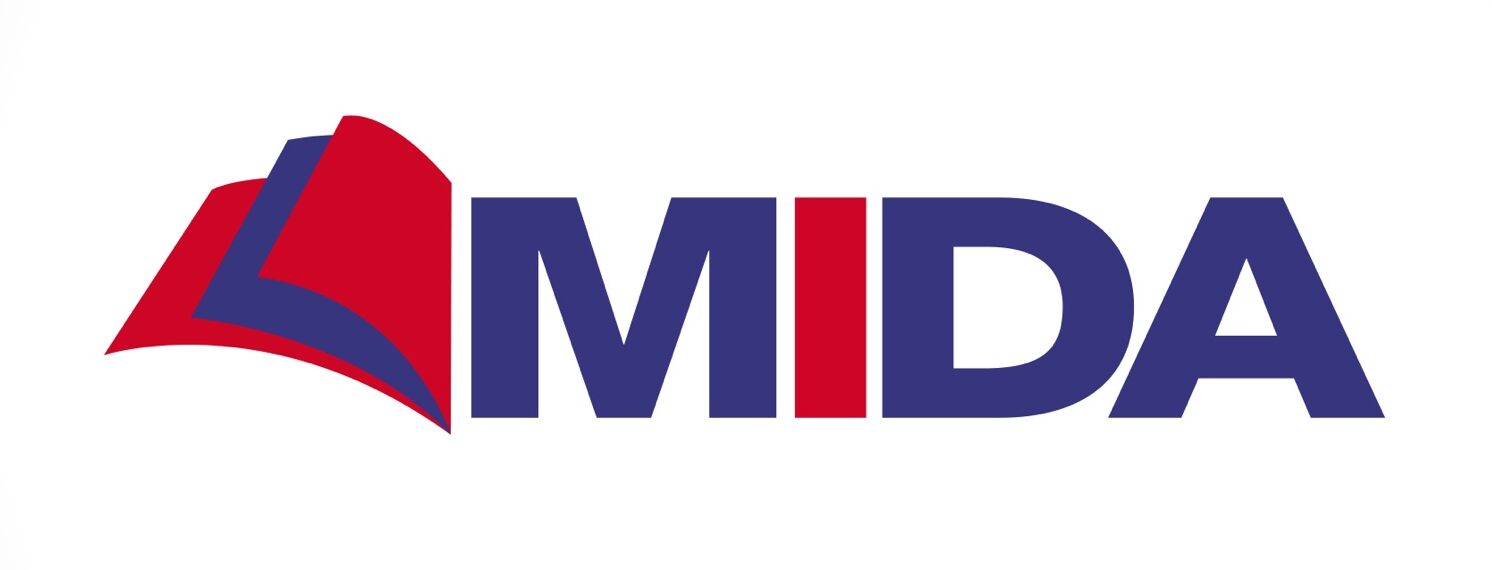Compiled By Georg Lilie
Year 2022
Sources Bundesarchiv, Berlin
DOI 10.25360/01–2022-00050
Initial contacts of the GDR´s Free German Trade Union Confederation (FDGB) with India existed before 1964, but from that year onward, ties between the FDGB and the All-India Trade Union Congress (AITUC), affiliated with the Communist Party of India (CPI), deepened and formalized. That same year, the CPI experienced a split between the CPI and the CPI (Marxist). In the early 1970s, the FDGB also became more interested in the Indian National Trade Union Council (INTUC). This was related to a split in the Indian National Congress (INC) in 1969, as well as the presumed and related leftward evolution of Indira Gandhi’s government. Likewise, links were now established with the Socialist-led Hind Mazdoor Sabha (HMS). The declared goal of the FDGB was to establish a “trade union unity of action” among the various Indian federations. However, cooperation with the HMS broke down with the declaration of the state of emergency in June 1975. With the end of the state of emergency and the electoral defeat of the INC in 1977, as well as an accompanying realignment of the CPI on the one hand and the GDR’s India policy on the other, the FDGB’s relationship with the INTUC also cooled. The FDGB’s relations with Indian trade unions were largely shaped by the GDR’s foreign policy interests. In particular, the struggle for full diplomatic recognition by the Indian Republic (1972) as the self-declared leading nation of the non-aligned states played an essential role.
The core of this Thematische Ressource is an annotated list of delegations that took place between 1964 and 1982. On the one hand, it lists delegations of members of the FDGB and its sub-unions to India. On the other hand, visits by Indians who were associated with Indian trade unions are shown. The delegations were of different nature. They could be reciprocal formal visits to conferences and congresses, as well as representative delegations. Likewise, lecturers were sent to India. The GDR also received “study delegations”, trainees and students. Also listed are recreational and curative visits by Indians, as well as some informal visits by high-ranking trade unionists/politicians. The sources are located in the holdings of the Federal Executive Committee of the FDGB in Archiv der Parteien und Massenorganisationen der DDR (SAPMO), which can be found in the Bundesarchiv in Berlin. The descriptions and comments therefore refer primarily to the activities and views of the FDGB as presented in the sources. The list is supplemented by an index of persons, a detailed list of the archival documents used, and a list of abbreviations.
This is a translation done by the author. The original German version can be found here: German version
Download
Download the list here as PDF or as sortable XLS.
MIDA Thematische Ressourcen
Editors: Anandita Bajpai, Heike Liebau
Layout: Monja Hofmann, Nico Putz
Host: ZMO, Kirchweg 33, 14129 Berlin
Contact: archival.reflexicon [at] zmo.de
ISSN 2701–2875
